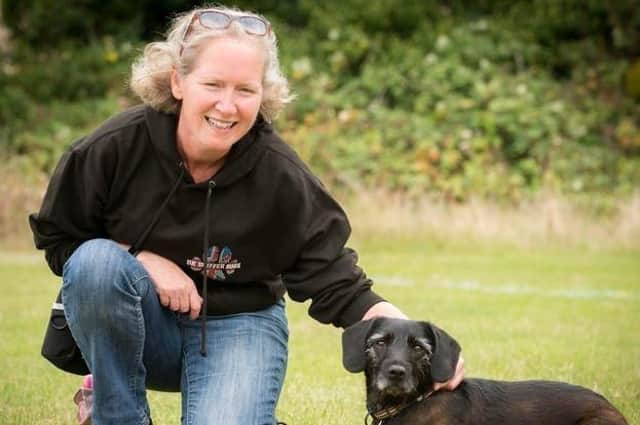How do you choose your dog trainer?


I unfortunately have had clients come to me who have fallen foul of these people who have done more damage to their dogs than good.
It is very frustrating as a dog trainer who works hard to ensure that my knowledge is continually growing so I am always increasing my expertise.
Advertisement
Hide AdAdvertisement
Hide AdThe damage some of these people can do to a dog is frightening. If you do not understand how dogs learn and you are using punishment as a training tool when you do not understand the impact this will have on the dog, it can make everything 100 times worse.
It can take a long time to repair the damage that has been done to that dog when they finally get to a qualified trainer or behaviourist.
So how do you know if the person you are considering asking for help has any idea what they are doing?
There are a few organisations that Professional Dog Trainers can become members of that require you to pass an assessment.
Advertisement
Hide AdAdvertisement
Hide AdThis gives you as a client information that they have got some knowledge. One of those organisations is the IMDT, (Institute of Modern Dog Trainers) of which I am a member.
To become a member, you must be assessed over two days, covering how you teach a class, manage a rescue 121 with a follow up report, a theory question and answer session and a puppy 121 where you must work out what the root problem is and help the client with a training plan for that specific issue.
Becoming a member of these sorts of organisations should not be the end of a dog trainer’s learning. Nothing ever stays the same. There are always new ways of addressing issues and learning what may be causing issues for our client’s dogs, so your dog trainer should be learning all the time.
When you are looking for a service, especially one we are struggling with, we can be swayed by several factors in picking the service provider we eventually go with. Costs, location, reviews we can read online or through a recommendation from someone who has experience with that provider. Regardless of how or why you select a dog trainer, you are perfectly within your rights to check they are qualified and so you should not be afraid to ask for evidence.
Advertisement
Hide AdAdvertisement
Hide AdWebsites can contain a lot of information but not always evidence that the person is qualified.
Remember you are the one parting with your hard-earned money and you want to ensure that the person you are speaking with does know what they are doing. You can look for logos of memberships to organisations like the IMDT or PPG (Pet Professional Guild). I have a whole file of certificates that any client can ask to see before parting with their cash.
A good question to ask is what course is the trainer doing at the moment?
I must admit I am a course junkie. I love learning about dogs, and I love to learn from many different avenues, looking at dogs through different lenses if you like.I want to ensure that I have all the latest information on how our dogs function, learn and what are the best ways of addressing specific issues.
Advertisement
Hide AdAdvertisement
Hide AdI have recently just finished a Master Class course on Aggression in dogs, and the many varied reasons why aggression can occur and how we can help change this.
I am currently learning on several courses, T Touch, a wonderful therapy that is gentle, respectful method of working with dogs that helps with several issues including behaviour and builds an amazing trust and bond with the animals that you work with.
I am also on a course to become a tutor for Canine Body Language, a vital skill needed as a dog trainer to know what your dog is communicating to you. Along with these I am on a three-year behaviour course where I am learning every aspect of our dogs being, including genetics, neurobiology, endocrinology, physiology, cognition and emotion and sociology!
Whatever the reason for you seeking a trainer, it is your responsibility to ensure before you hand over your dog to their methods that you are confident, comfortable and feel you can trust that trainer to help you and your dog.
Advertisement
Hide AdAdvertisement
Hide AdNever be afraid to ask the questions you may have about their qualifications; a professional dog trainer will always be happy to show you evidence that they have spent years learning their craft.
If you do need a trainer and want to ensure they are qualified, you can go to the IMDT website and click on the find a trainer link. We are lucky enough to have several of us here in Northern Ireland, so there is always going to be one not too far from you.
Visit https://www.imdt.uk.com/find-a-qualified-imdt-trainer to find a trainer near you.